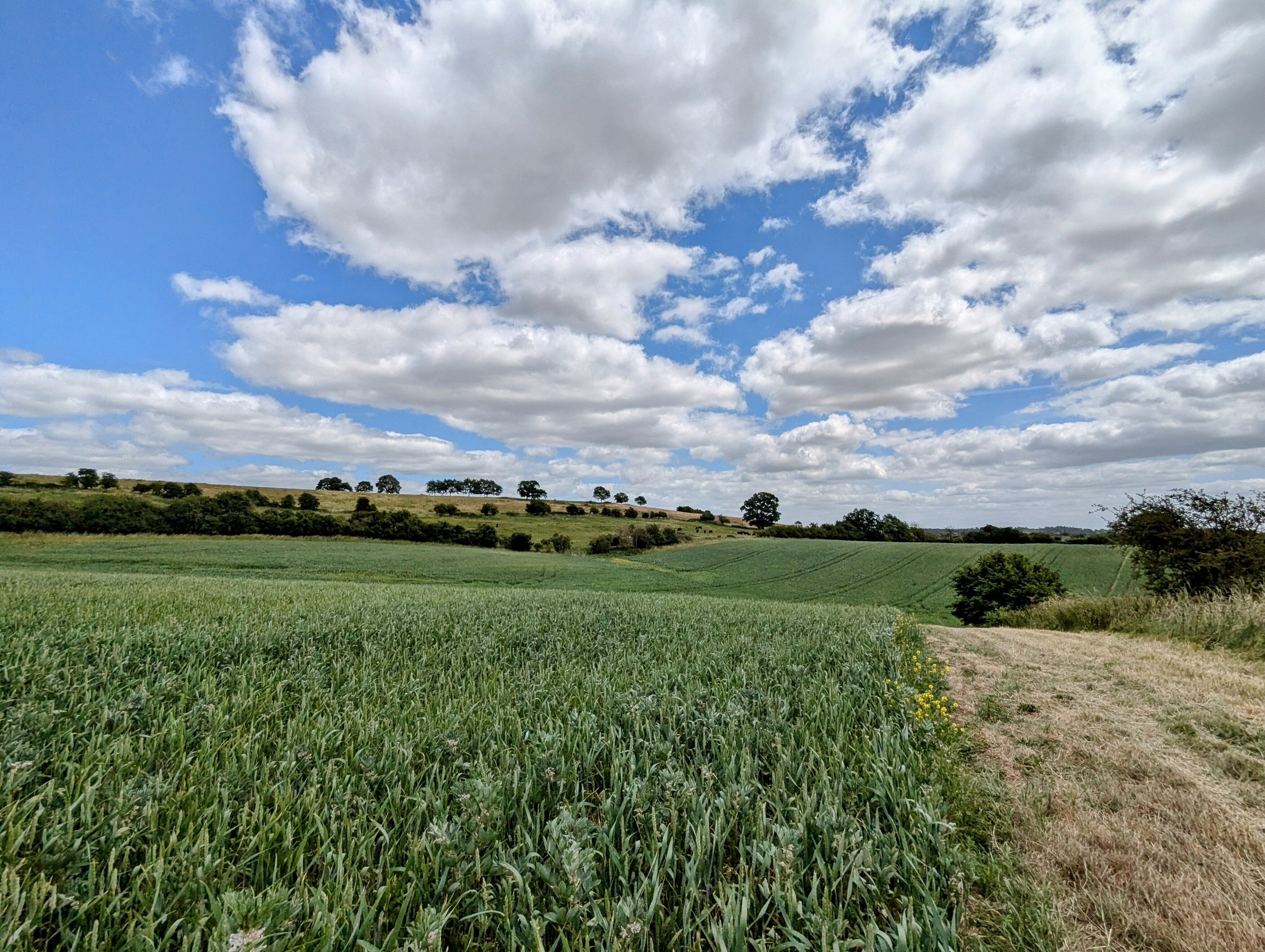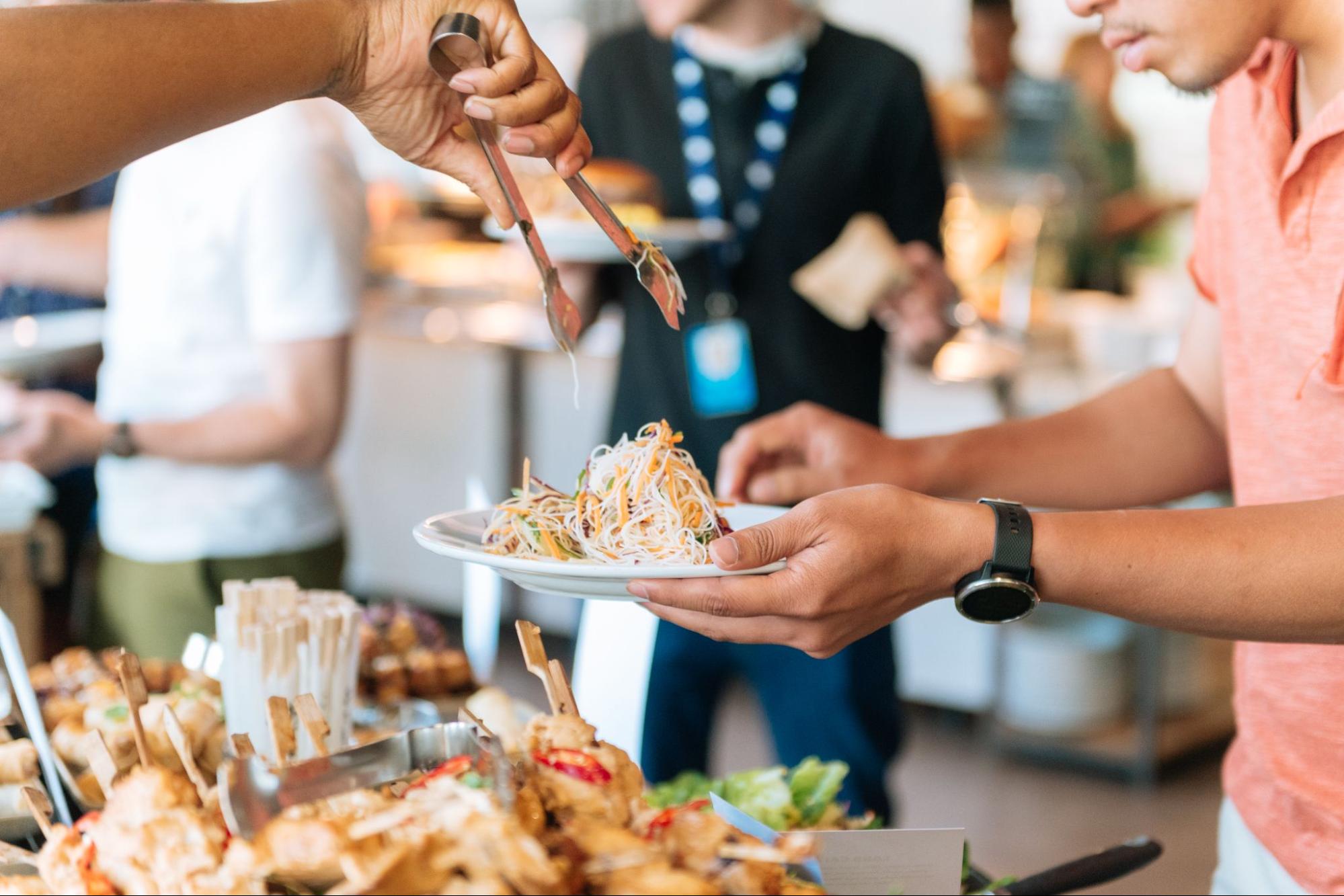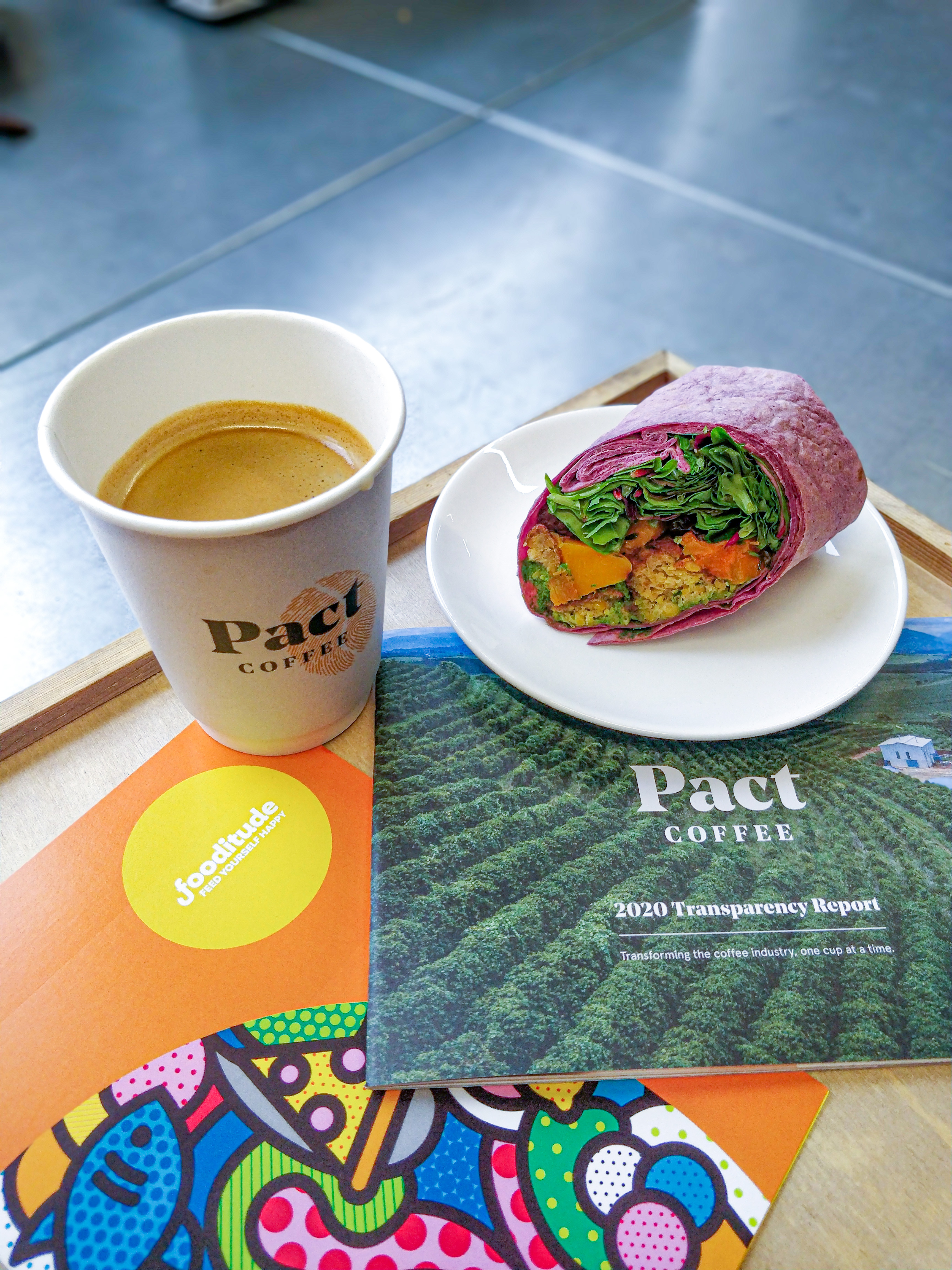Supply chains. We hear about them all the time. But how well are they understood?
In a nutshell, a supply chain is the process of producing and delivering a product. An entire network of people play a part in the supply chain, from farmers and business stakeholders to consumers. This journey starts from sourcing raw materials and ends with delivering the final product to consumers.
Think of it as an Olympic relay race, where everyone must play their part in passing on the baton before it reaches your hands. The supply chains within the food industry have their own unique way of operating. We've made it a bit easier to get to grips with, by breaking it down the food supply chain into key stages:
Production | Food cultivation and production by farmers, ranchers, fishermen and food manufacturers.
Handling and Storage | Cleaning, sorting, grading and storing food in appropriate conditions to maintain freshness.
Processing and Packaging | Food safety requirements are implemented to ensure the final product is safe for consumption.
Distribution | Transportation and the distribution of food to retailers or suppliers.
Retail | The delivery of food from suppliers to consumers.
The Hidden Costs of Convenience
It’s too easy to grab something off the shelf without thinking twice about where it came from. Busy lifestyles and a lack of affordable and straightforward alternatives make it difficult for consumers to make informed choices.
There needs to be more transparency for consumers to trust their food supply chains or make informed decisions.
Issues that exist within the supply chain are being swept under the carpet. Consumers deserve to know how much their food connects to unethical treatment of workers, deforestation, water pollution, carbon emissions (and many more issues).
With provenance hidden, it is no wonder that the International Labour Organisation also reports that the agricultural sector is the largest employer of child labour, with 70% of child workers (around 108 million children) working in farming. These children often work in dangerous conditions that put their health and safety at risk.
Research from the Our World in Data article found that land use and farming account for more than 80% of the carbon footprint for most food.
However, food sellers often do not provide consumers with easily accessible information to know the carbon cost of an item at the point of purchase.
Here's how Fooditude is taking action in 2024
- Fooditude has begun measuring Scope 3 emissions to identify areas with the most negative impact on our supply chain. This information will allow the team to prioritise sustainability action effectively. Additionally, we will use Scope 3 data to build new supply chain opportunities.
- EcoVadis helps onboard Fooditude's suppliers. This company is a third-party platform that audits and rates suppliers on their sustainability performance and social responsibility. This partnership gives supplier feedback on four key areas: environment, labour and human rights, ethics, and sustainable procurement. Equipped with this information, we can offer our clients even more transparency about our food's impact and make more informed, sustainable choices.
The trailblazing food producers Fooditude has partners with

William, Nick and Josiah from Hodmedod with Nacton quinoa. PHOTO CREDIT: David Charbit
An independent food business, Hodmedod works with a network of British farmers to source high-quality British-grown pulses, grains and seeds from diverse arable rotations. Growing out of the Great British Beans Project, the business initially supplied just fava beans and dried peas but now offers over 100 different products, focusing on top-quality sustainable wholefoods and excellent customer service. They supply individual retailers and caterers both directly and through distributors.
A certified B Corp, Collective Food sources top-quality meat, seafood, and plant-based products for Fooditude’s central kitchen. Founder Jeremy Hibbert launched their delivery model to address issues in food supply chains. Using special technology, producers communicate directly with us about the production process, simplifying our buying decisions. Data platforms also allow us to track the sustainability impacts of
our food orders.
A company specialising in supplying artisanal and speciality foods predominantly cheese we use in our dishes. Harvey and Brockless have developed a great reputation by maintaining strong relationships with their producers and their commitment to providing quality food.
A flour supply chain working with farmers to produce organic wheat while maintaining healthy soil through regenerative practices. Committed to customer and environmental needs, Wildfarmed avoids pesticides to ensure high-quality organic crops. This approach has increased crop pollination, attracted more birds to the countryside, and reduced carbon emissions.
For almost twenty years, County Supplies has supplied London’s catering industry with fresh produce. From Michelin-starred restaurants to innovative production kitchens, their 24/7 operation in New Covent Garden Market serves more than 500 customers. The County Supplies team sources produce that meets the highest standard of sustainable farming.
County Supplies are fully committed to composite packaging, waste management and celebrating what is in season. They work with kitchens daily to help manage their waste, actively encouraging the use of biodegradable packaging and returnable crates.
.jpeg?width=4032&height=3024&name=3E161C0E-1491-4A7C-BF93-B42666EFE8FB%20(1).jpeg)
It’s a Wrap!
We will always celebrate our suppliers working hard to create a better food supply chain. Caterers like us depend on the availability of food producers and wholesalers that can supply us with well-sourced ingredients to cook up.
At Fooditude, we must continue to ask ourselves the question: are we doing enough to benefit the world for communities and the environment?
Kate Page, Fooditude Sustainability Manager, comments:
“Transparency within our supply chain is fundamental part of improvement within the food industry. The more we know about the origins and production methods of our food, the better equipped we are to make informed decisions. This empowers us to choose ingredients that meet our sustainability standards, identify areas for improvement, and ultimately, deliver a high-quality product. It's a win-win for everyone – increased transparency fosters trust with our clients, allowing them to share our commitment to ethical sourcing and responsible practices. While some companies might be tempted to present a perfect picture, we believe in authenticity. By embracing continuous learning and improvement, we hold our commitment to be part of a more sustainable food system.”
While the challenges of managing a sustainable supply chain are significant, progress is made steadily - action by action, project by project.
Caterers like Fooditude need to take a wide range of actions, from working with sustainable snack brands to implementing kitchen waste training for our chefs. Good sustainable action is achieved when there is a culture of doing better throughout our whole company, our supply chains and our stakeholders.
For office managers, it's time to reflect: How sustainable is the food supply chain that nourishes your workplace?
If you want to create a culture of sustainability within your workplace, Fooditude is here to help. Speak to one of our catering experts, who can show you how our services could be the missing jigsaw piece to your puzzle.
Together, we can raise the standards of workplace sustainability. Get in touch if you'd like to know more about how we can serve your office with mindfully-made food.




